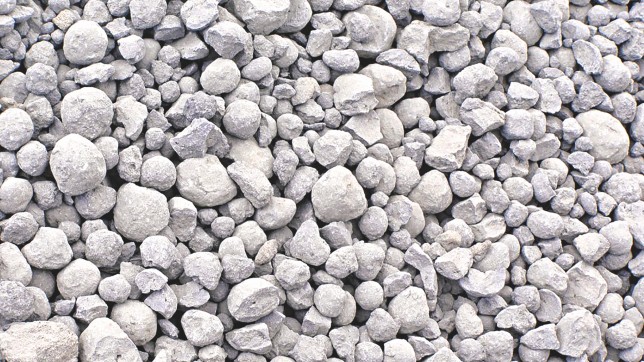Middle Eastern suppliers eye Bangladesh

Middle East-based cement raw materials exporters are keen to expand their sales in Bangladesh as the country is increasingly scaling up its manufacturing capacity to produce the key construction material to feed the growing economy.
Cement manufacturers imported raw materials such as clinker, fly ash, iron slag, lime stone, and gypsum worth $1.35 billion last year, according to industry people.
Of the imports, clinker accounted for $900 million and the rest cost $450 million, according to Ikram Ahmed Khan, managing director of Shun Shing Group, Hong Kong.
Cement industry grew at over 15 percent to reach $3 billion in 2018. This tremendous growth rate is enough to draw foreign raw material suppliers, market players said.
The demand for raw materials is increasing in line with the expansion of the manufacturing capacity, they said.
While taking part in a three-day conference styled “Intercem Dhaka” organised by UK-based Intercem at Le Méridien Dhaka recently, M&B of Dubai as well as Al Jood Natural Resources and Salalah International Gypsum Company, both based in Oman, searched for new clients. They are already exporting cement-related raw materials to Bangladesh.
“The demand for the raw materials of the cement industry in Bangladesh will double within next four years. So, my company sees room for business expansion,” said Sameer Jalal, marketing manager of Salalah International Gypsum Company.
He said Bangladesh’s economy has been achieving steady growth for the last decade and the government is implementing a lot of infrastructure projects where a huge quantity of cement would be required.
Salalah International Gypsum Company has been supplying gypsum, one of the components of the cement industry, to six companies in Bangladesh for a decade.
Five new companies have shown interest to import gypsum from Salalah International Gypsum Company, Jalal said.
In 2018, the company exported two million tonnes of gypsum to Bangladesh.
Similarly, Al Jood Natural Resources has been exporting gypsum to Bangladesh for the last five years and supplied 50,000 tonnes of gypsum last year, said Ahmed Murshid, marketing manager (international) of the company.
“The company is very keen to increase exports to Bangladesh and very hopeful to increase business as the demand for cement is rising on the back of a lot of government projects and heavy construction work,” he said.
The company has five permanent clients in Bangladesh and four new clients have expressed interest to import raw materials from the company, he said.
Danesh Taheri, technical and development manager of M&B, said over the last 10 years, the company has exported grey clinker, the main raw material for cement, to Bangladesh. At the exposition, some new clients said they would import clinker from the Dubai-based company.
About 80 percent of the clinker used for cement production in Bangladesh is imported.
Due to a lack of mineral resources, cement manufacturers bring in an estimated 18 tonnes of clinker every year, said Khan of Shun Shing Group.
Khan said the industry would not need to import fly ash after five years as the component, a byproduct of coal-based power plants, would be produced in the country.
The local production of fly ash would save $130 million annually, he said.
Cement manufacturers import clinker, gypsum, fly ash, and iron slag from China, Hong Kong, India, Indonesia, Thailand, Japan, Korea, Malaysia, Oman, and the UAE.
There are around 125 cement manufacturing companies in the country, out of which 37 are in operation. The total production capacity of the cement mills was 58 million tonnes in 2018.
